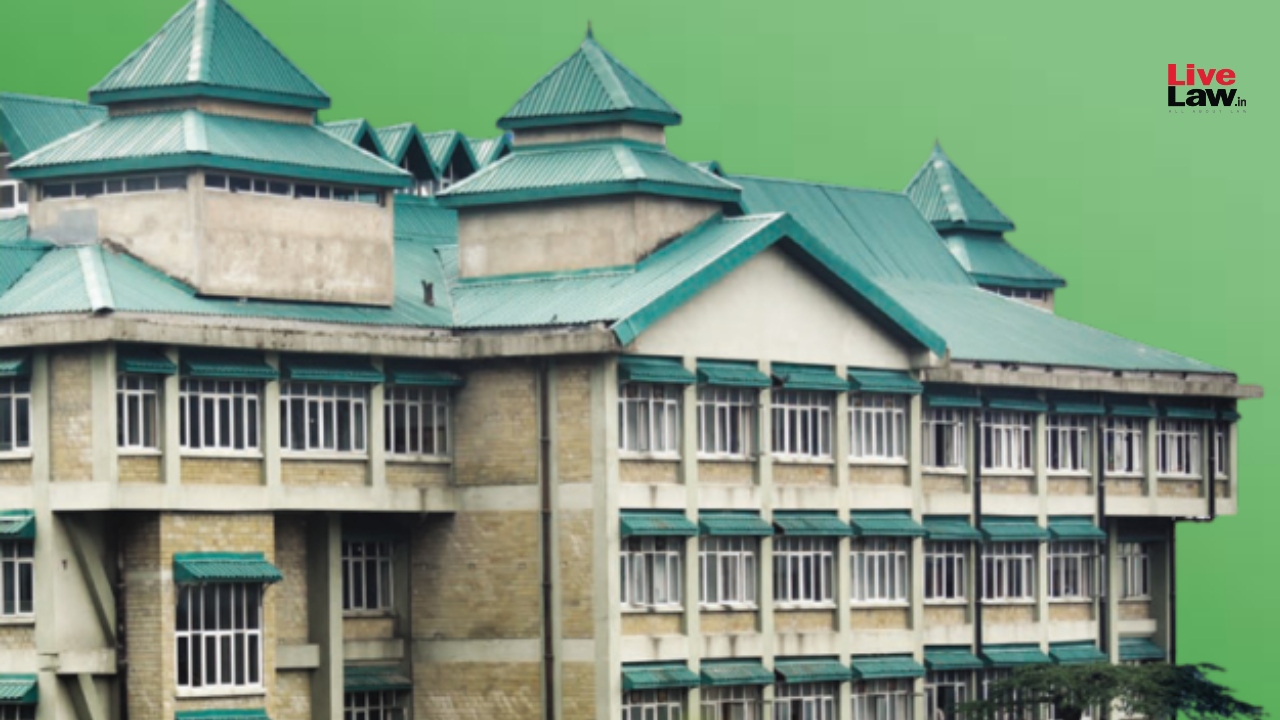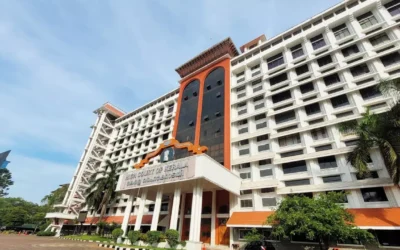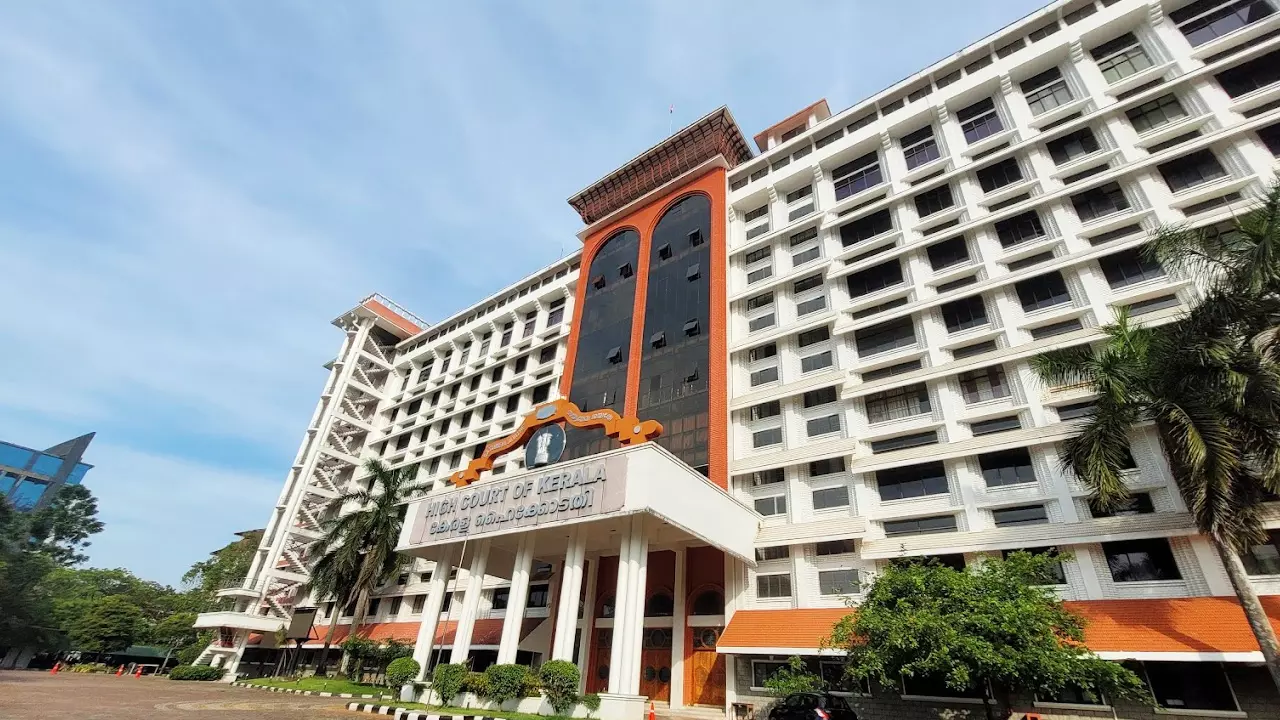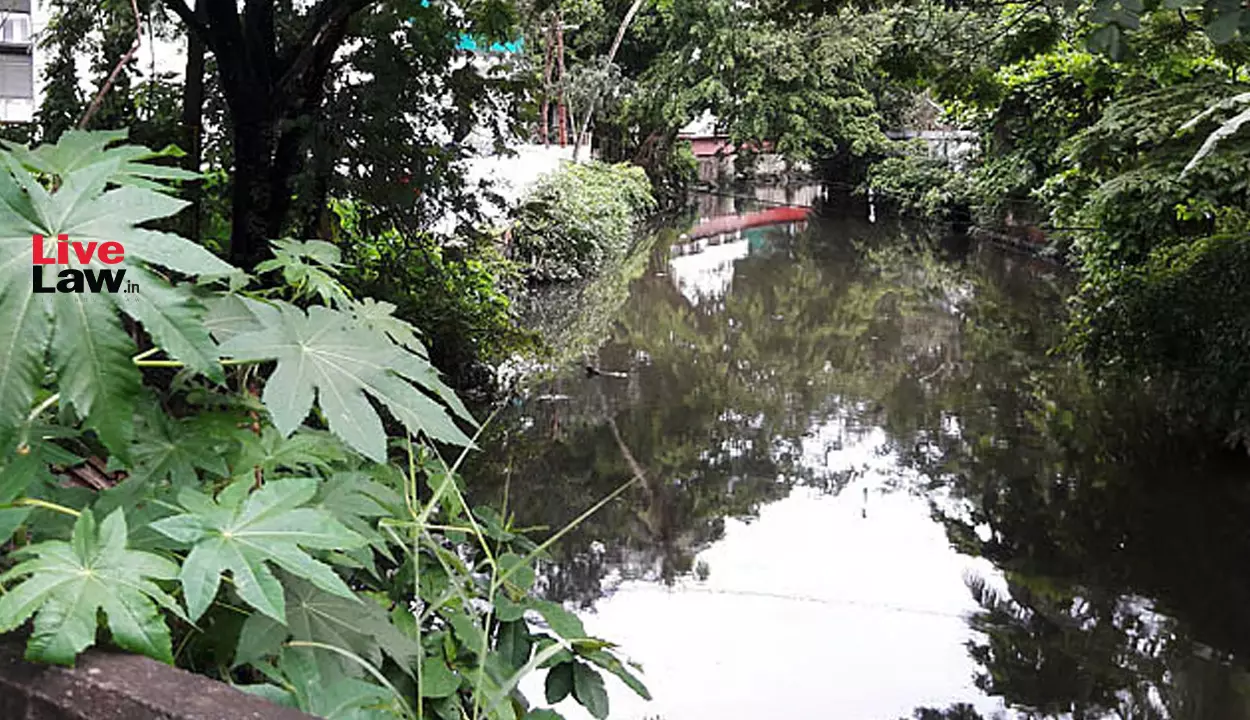State Should Not Use Temporary Appointments To Escape Regularization And Avoid Responsibilities: Himachal Pradesh High Court


Himachal Pradesh High Court held that the State and its functionaries can’t use unfair practices to deny regularization to temporary employees who have completed required service years, stating that keeping employees in temporary posts to avoid granting them the benefits of regularization is exploitative and legally unjustified.
Justice Vivek Singh Thakur & Justice Ranjan Sharma: “State or its functionaries invariably are adopting exploitative method in the field of public employment to avoid its liabilities, depriving the persons employed from their just claims and benefits by making initial appointments on temporary basis, i.e. contract, adhoc, tenure, daily-wage etc., in order to shirk from its responsibility and delay the conferment of work-charge status or extension of benefits of regularization Policy of the State by not notifying Policies in this regard in future. Present case is also an example of such practice”.
Background Facts:
The petitioners were engaged as daily wage workers by Himachal Road Transport Corporation in various posts such as peon, chowkidar, clerk, sweeper, and upholsterer. The petitioners were appointed for work on different dates between 1994 and 2000 and all of them had completed more than eight years of service.
However, even after prolonged years of service, the petitioners were terminated by Himachal Road Transport Corporation. Aggrieved by their termination, the petitioners approached the Industrial Tribunal-cum-Labour Court, which passed the awards in favor of the petitioners, directing HRTC to reinstate petitioners with seniority and continuity in service.
Even after their reinstatement, HRTC still did not regularize their services. Thereafter the petitioners filed approached the H.P. Administrative Tribunal, seeking regularization of their services based on the completion of eight years of service. However, when the tribunal was abolished the cases were transferred to the High Court.
The High Court directed HRTC to consider the petitioners’ cases for regularization. It stated that in the case of Rishi v. HRTC, 2013, the HP High Court had regularized services of a sweeper upon completion of eight years of service. The judgement was affirmed in appeal and also upheld in an SLP filed by HRTC before the Supreme Court in 2022 titled as Himachal Pradesh Transport Corporation Shimla & Ors. V. Rishi.
Despite the regularization of service of the worker in the above case, the HRTC rejected claims of the petitioners stating that the above case mentioned a specific date of regularization, however the petitioners’ case did not mention any such date.
Aggrieved by this reasoning, the petitioners filed writ petitions challenging HRTC’s rejection orders and seeking regularization with all consequential benefits.
Contentions:
The petitioners contended that they had completed more than eight years of service as daily wage workers, and were therefore entitled to regularization of services.
They further submitted that in Rishi v. HRTC, a sweeper’s services were regularized after 8 years and they were entitled to similar benefits. However, they were being denied the same benefit, which amounted to discrimination under Article 14 of the Constitution.
They stated that the HRTC denied regularization of their services on irrelevant and arbitrary grounds that the order passed by the Court did not mention a specific date of regularization, when the date of completion of eight years could easily be calculated from their dates of appointment.
In response, the HRTC stated that the appointment of petitioners was not done through proper recruitment process and hence they were not entitled to regularization.
It further contended that the case of Rishi v. HRTC, 2013 was not applicable to the petitioners, because in that case the Court had specifically mentioned a date of regularization, whereas no such specific date was mentioned in the orders of this case.
Findings:
The Court remarked that the rejection order by HRTC was a clear example of complete non- application of mind. It observed that even in Rishi v. HRTC case the appointment was not made through proper channels however his services were still regularized.
The Court noted that reasoning assigned for rejecting the claim of petitioners was a glaring example of one of the rarest cases of absurdity at the highest level. In Rishi v. HRTC case the date of completion of 8 years was mentioned in the order because his date of initial appointment was clearly known. In this case, the date of completion of 8 years can be recorded from the petitioner’s appointment date, the record of which is already with HRTC. Therefore, no valid ground was given by HRTC for denying regularization to the petitioners after completing eight years of service.
The Court held that people in similar situations must be treated the same. In this case as the facts and circumstances of the case were similar to the case of Rishi v.HRTC, the petitioners were also entitled to similar treatment. It remarked that equity and fairness are important parts of writ jurisdiction, and the Court must ensure that no one gains an unfair advantage and that justice is done fully between the parties.
It further remarked that when one group of employees, gets relief being in a similar situation other employees are also entitled to the same benefit. Otherwise, it would amount to discrimination and would be a violation of Article 14 of the Constitution, which guarantees equality before the law.
The Court stated that even though the state is responsible for protecting the rights of its citizens, it is adopting exploitative method in the field of public employment to avoid its liabilities, by depriving the persons of proper claims and benefits. It does so by making initial appointments on temporary basis, i.e. contract, adhoc, tenure, daily-wage etc., and avoids responsibility of extension of benefits of regularization Policy of the State by not notifying Policies in this regard in future.
Thus, the Court directed HRTC to regularize the petitioners’ services and to give them service related benefits.
Case Name: Hem Chand V/s Himachal Road Transport Corporation, Pritam Chand V/s Himachal Road Transport Corporation, Bhoop Singh V/s Himachal Road Transport Corporation, Ranjeet Singh V/s Himachal Road Transport Corporation, Surinder Kumar V/s Himachal Road Transport Corporation, Naresh Kumar V/s Himachal Road Transport Corporation, Partap Singh V/s Himachal Road Transport Corporation, Rajesh Kumar V/s Himachal Road Transport Corporation
Case No.: CWPOA No.s 5730 of 2020 and connected matters
Date of Decision: 26.05.2025
For the Petitioners: Mr. Manohar Lal Sharma and Mr. Himanshu Kapila, Advocates.
For the respondent – HRTC
Ms Shubh Mahajan, Advocate, in CWPOA Nos.5730, 5773 & 6258 of 2020.
Mr. B.N. Sharma and Ms Mamta, Advocates, in CWPOA No.3373 of 2020.
Mr. Raman Jamalta and Ms Aashima Premy, Advocates, in CWPOA No.1958 of 2020.
Mr. Vikas Rajput, Advocate, in CWP No.953 of 2020, CWPOA Nos.4360, 5794 & 6236 of 2020.




